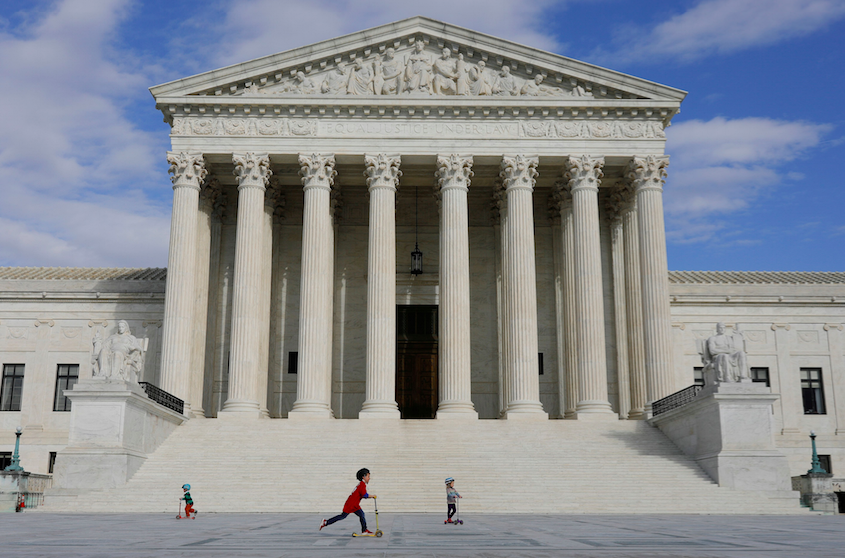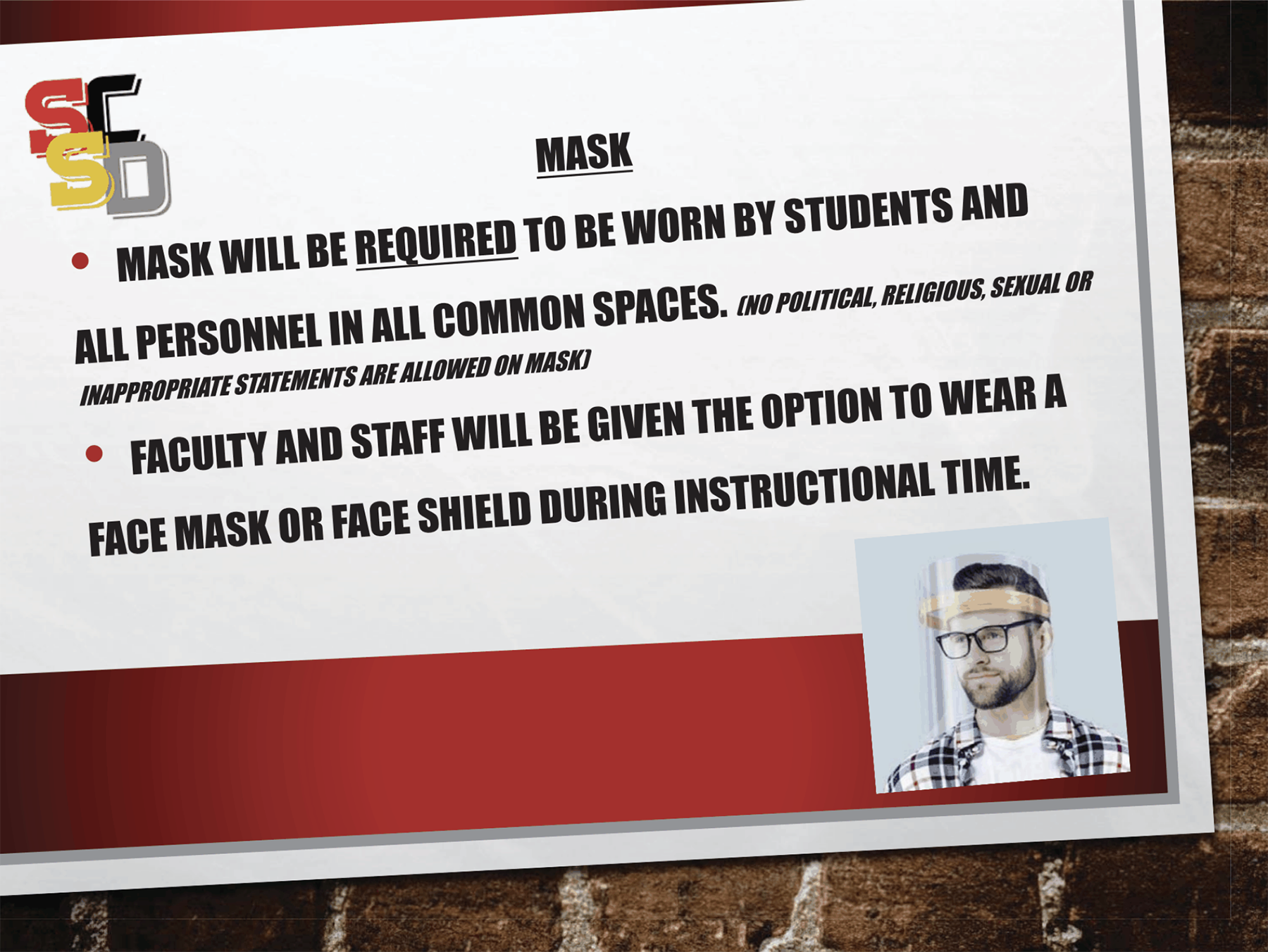On January 8th, the United States Supreme Court agreed to hear a case involving a Pennsylvania high school student who was punished for expressing her frustration on social media after not making her school’s varsity cheerleading team.
The student posted two selfies on Snapchat after school hours with the captions “Fuck school fuck softball fuck cheer fuck everything” and “love how me and [another student] get told we need a year of jv before we make varsity but that’s [sic] doesn’t matter to anyone else?”
See also: Celebrating Half A Century Of Student Free Speech
Although Snapchat messages are designed to self-delete after one view, one of the student’s followers took a screenshot of the pictures and shared them with a school coach. In order to “avoid chaos” and maintain a “teamlike environment,” the school suspended the student from cheerleading for a year.
The student’s parents sued her school district, Mahanoy Area School District, for violating her First Amendment rights, arguing that her speech was protected because it was not made on school grounds or during school hours. In June 2020, the United States Court of Appeal for the Third Circuit ruled in favor of the student, and concluded that schools could not punish students for disruptive speech made off-campus, or “speech that is outside school-owned, -operated, or -supervised channels and that is not reasonably interpreted as bearing the school’s imprimatur.”
The ruling set the lower court apart from the Second, Fourth, Fifth, Eighth, and Ninth Circuit Courts which have all ruled that administrators can discipline students for off-campus speech that is substantially disruptive and closely linked to the school.
Justin Driver, a law professor at Yale told The New York Times that courts should be wary about giving school’s the power to discipline off-campus speech.
“Judicial decisions that permit schools to regulate off-campus speech that criticizes public schools are antithetical to the First Amendment. Such decisions empower schools to reach into any student’s home and declare critical statements verboten, something that should deeply alarm all Americans,” Driver told the Times.
Petition for a write of certiorari The New York Times
Electronic Frontier Foundation Summary of THIRD circuit Ruling
Tags



